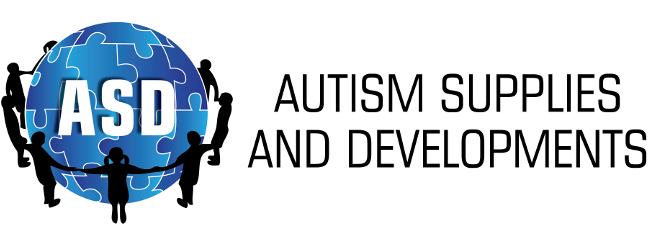Autism FAQs
Basic frequently asked questions about autism and Autism Spectrum Disorders (ASD)When your child gets a diagnosis of autism, you will undoubtedly have many questions. Hopefully, the doctor who diagnoses them will take the time to answer many, but for those of you that might have further questions, or are just interested in finding out a bit more about autism and ASD, we have included a number of frequently asked questions with their answers.
This resource might also be useful if you need to point someone in the direction of where to look for more information. It can be exhausting and emotional to have to explain over and over to family and friends, but at the same time it’s important that they understand so that they can offer you help and support.
What is Autism?
Autism is a developmental condition, which lasts for the person’s whole life. It affects the way in which a person understands, relates to and communicates with other people, and also how they experience the world around them.
People with autism may find it difficult to communicate their needs and emotions to others, and they will probably have trouble understanding other’s emotions as well. They often have problems in meeting new people and making friends.
They often find the rest of the world overwhelming, sometimes in sensory terms, but also just in terms of trying to understand how, and why, others are acting the way that they are.
What is Aspergers Syndrome?
However, Aspergers has previously been recognised as syndrome in its own right, being a form of autism in which the individual is usually of normal, or even above-average intelligence. Usually, there is no language delay associated with aspergers. However, people with aspergers will probably still have problems in understanding other people’s emotions, and can struggle in social situations.
What is ASD?
How is ASD diagnosed?
Diagnoses are usually made when the individual is approximately 2 years old, as this is when the symptoms can be reliably distinguished from normal developmental differences between young children. It is important to be aware of the symptoms, as early intervention makes a big difference to outcomes for the individual.
My child has been diagnosed with ASD. Will this limit what they can achieve?
Just because your child has a diagnosis of ASD, this will not necessarily dictate their future. They may develop at a slower rate, and will probably always have difficulties with some things, but many children on the spectrum go on to have very successful careers and relationships. People now believe that even Einstein was autistic!
It is important to never give up hope, and to always help and encourage your child so that they achieve whatever their potential may be.

